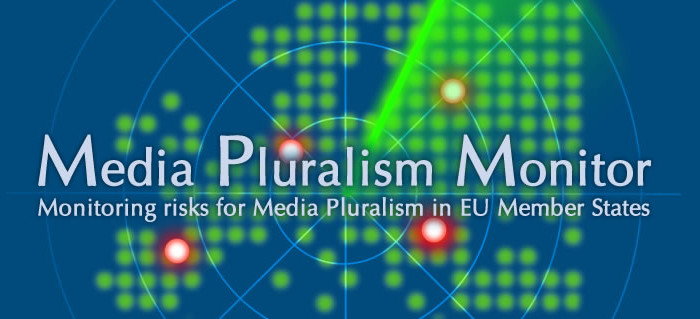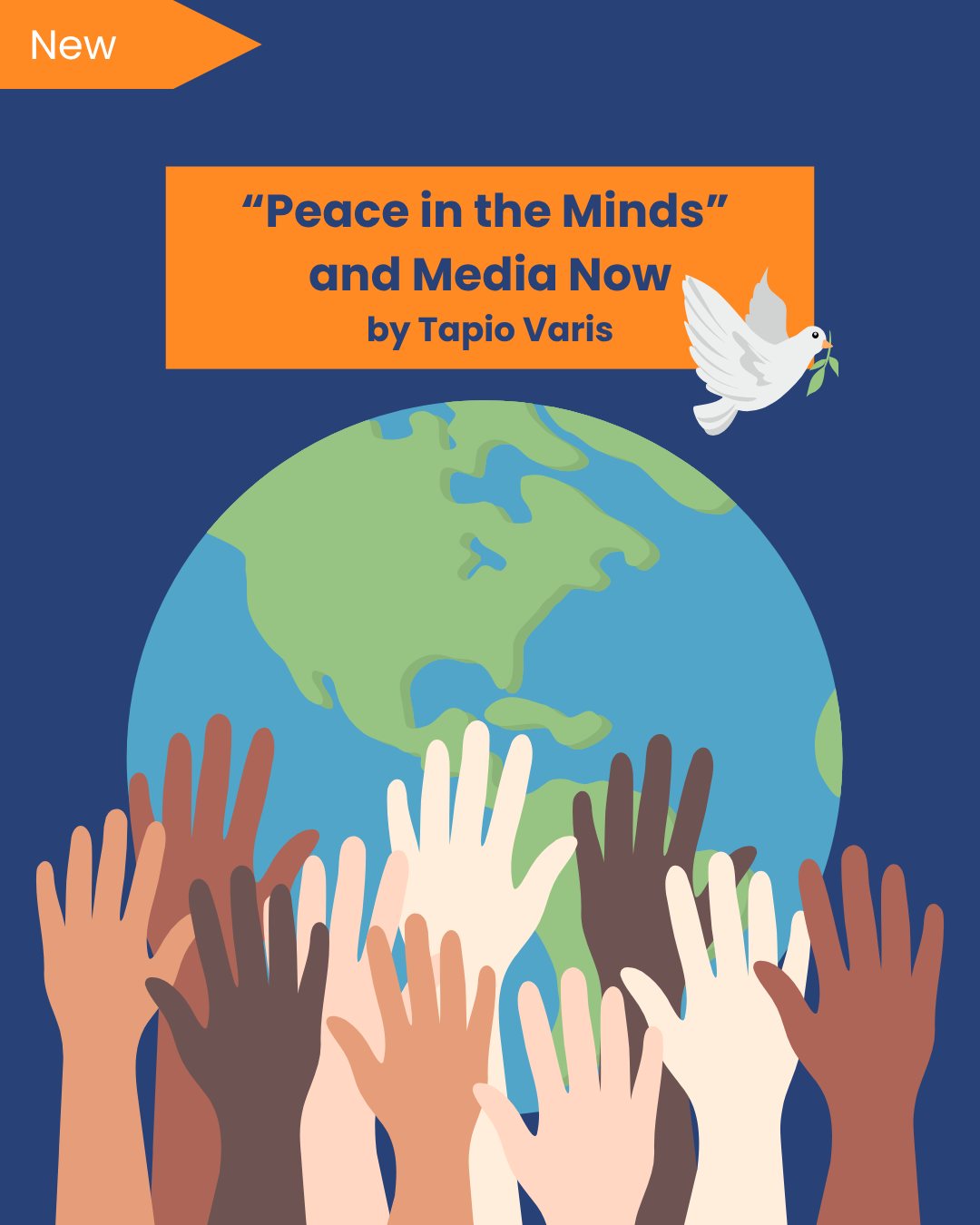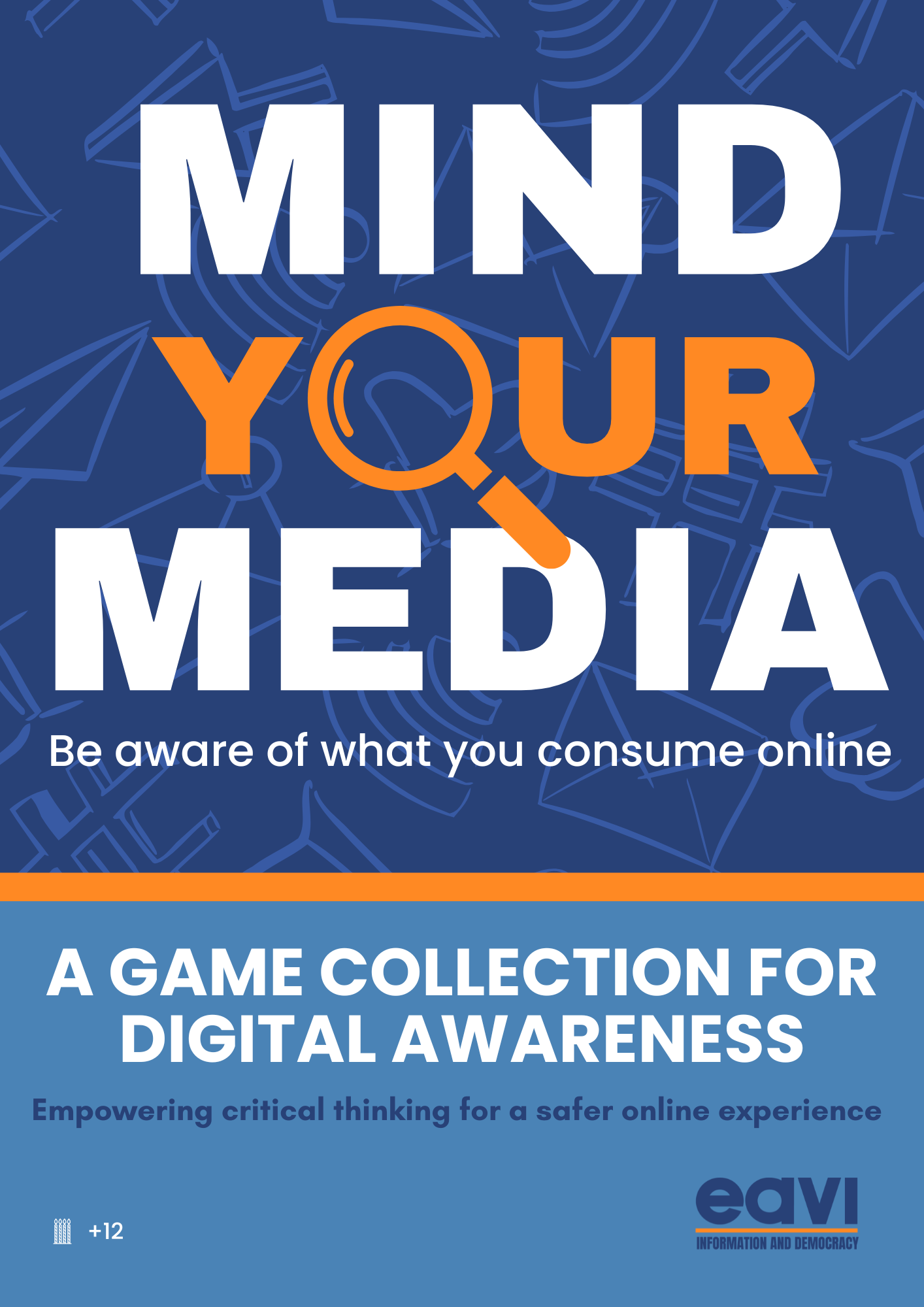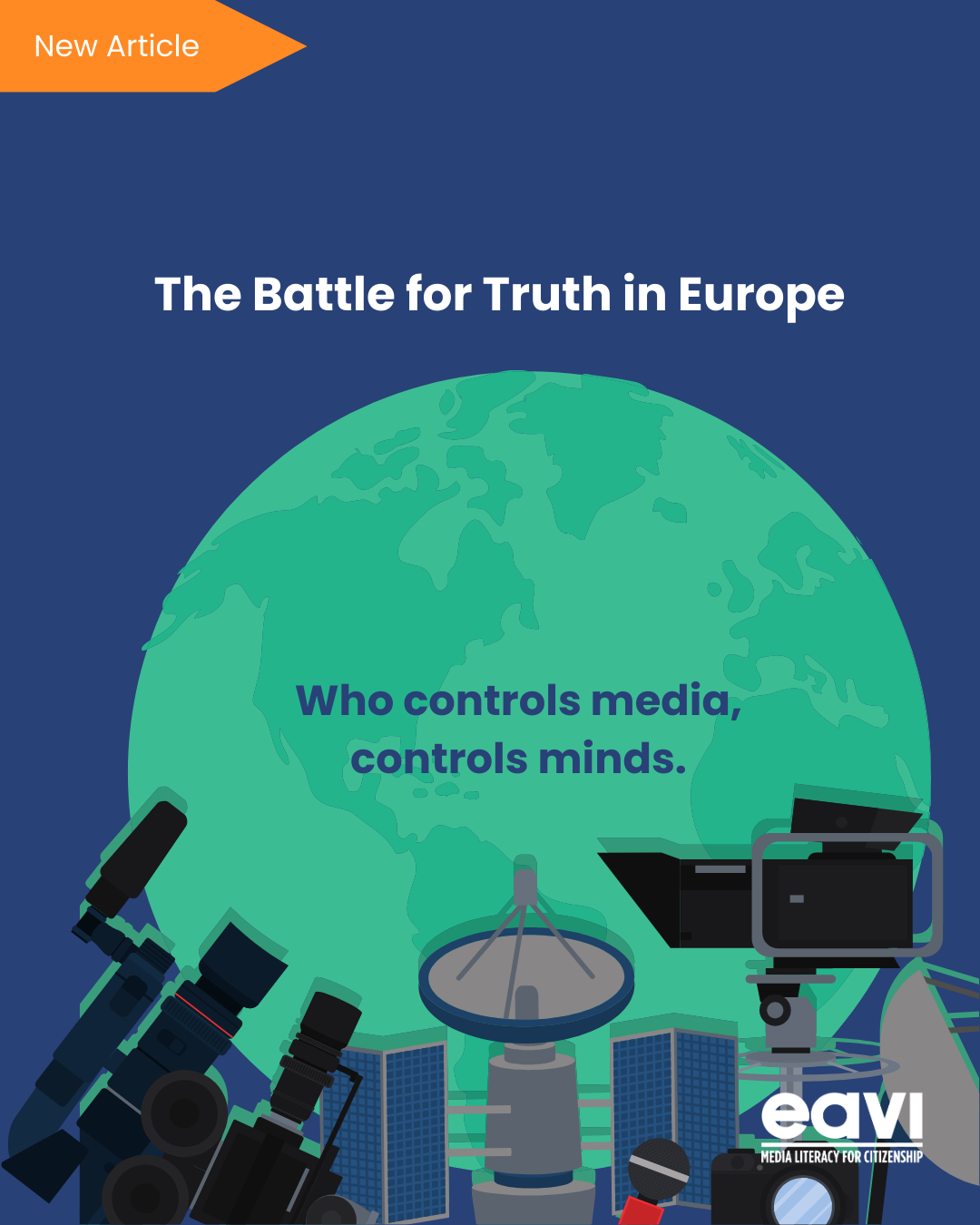Recent political events have clearly demonstrated that the principles of democracy are under threat – not from violent attack, but from apathy and misinformation. The role of media and propaganda have been largely underestimated. Within this context, it is essential to monitor media pluralism and media literacy.
The Centre for Media Pluralism and Media Freedom organised a workshop on media literacy at the European University Institute in Florence on November 3rd.
The CMPF is now developing and testing a tool (the Monitor) with regards to media literacy. Paolo Celot of EAVI contributed to the work of the CMPF well ahead of the meeting and participated to the workshop coordinated by Alina Ostling and Iva Nenadic. In fact EAVI has a long experience in assessing media literacy levels, having conducted three main studies across Europe on behalf of the European Commission on the subject.
Through the use of specific indicators, the Monitor attempts to address all the main components (technical, cognitive and communicative) of media literacy. The meeting aimed to get feedback from the participants about the methodology to collect data, policy recommendations and other broader issues. While the challenges to measure levels remain high, certain methodological issues to gather reliable data have been clarified.
The workshop was followed by the presentation of the provisional results of the 2015 Media Pluralism Monitor, detailing media ownership and concentration in nineteen EU countries, the results of which can be found here.
We look forward to seeing the results for 2016.
Recent political events have clearly demonstrated that the principles of democracy are under threat – not from violent attack, but from apathy and misinformation. The role of media and propaganda have been largely underestimated. Within this context, it is essential to monitor media pluralism and media literacy.
The Centre for Media Pluralism and Media Freedom organised a workshop on media literacy at the European University Institute in Florence on November 3rd.
The CMPF is now developing and testing a tool (the Monitor) with regards to media literacy. Paolo Celot of EAVI contributed to the work of the CMPF well ahead of the meeting and participated to the workshop coordinated by Alina Ostling and Iva Nenadic. In fact EAVI has a long experience in assessing media literacy levels, having conducted three main studies across Europe on behalf of the European Commission on the subject.
Through the use of specific indicators, the Monitor attempts to address all the main components (technical, cognitive and communicative) of media literacy. The meeting aimed to get feedback from the participants about the methodology to collect data, policy recommendations and other broader issues. While the challenges to measure levels remain high, certain methodological issues to gather reliable data have been clarified.
The workshop was followed by the presentation of the provisional results of the 2015 Media Pluralism Monitor, detailing media ownership and concentration in nineteen EU countries, the results of which can be found here.
We look forward to seeing the results for 2016.
Recent political events have clearly demonstrated that the principles of democracy are under threat – not from violent attack, but from apathy and misinformation. The role of media and propaganda have been largely underestimated. Within this context, it is essential to monitor media pluralism and media literacy.
The Centre for Media Pluralism and Media Freedom organised a workshop on media literacy at the European University Institute in Florence on November 3rd.
The CMPF is now developing and testing a tool (the Monitor) with regards to media literacy. Paolo Celot of EAVI contributed to the work of the CMPF well ahead of the meeting and participated to the workshop coordinated by Alina Ostling and Iva Nenadic. In fact EAVI has a long experience in assessing media literacy levels, having conducted three main studies across Europe on behalf of the European Commission on the subject.
Through the use of specific indicators, the Monitor attempts to address all the main components (technical, cognitive and communicative) of media literacy. The meeting aimed to get feedback from the participants about the methodology to collect data, policy recommendations and other broader issues. While the challenges to measure levels remain high, certain methodological issues to gather reliable data have been clarified.
The workshop was followed by the presentation of the provisional results of the 2015 Media Pluralism Monitor, detailing media ownership and concentration in nineteen EU countries, the results of which can be found here.
We look forward to seeing the results for 2016.









































































































































































